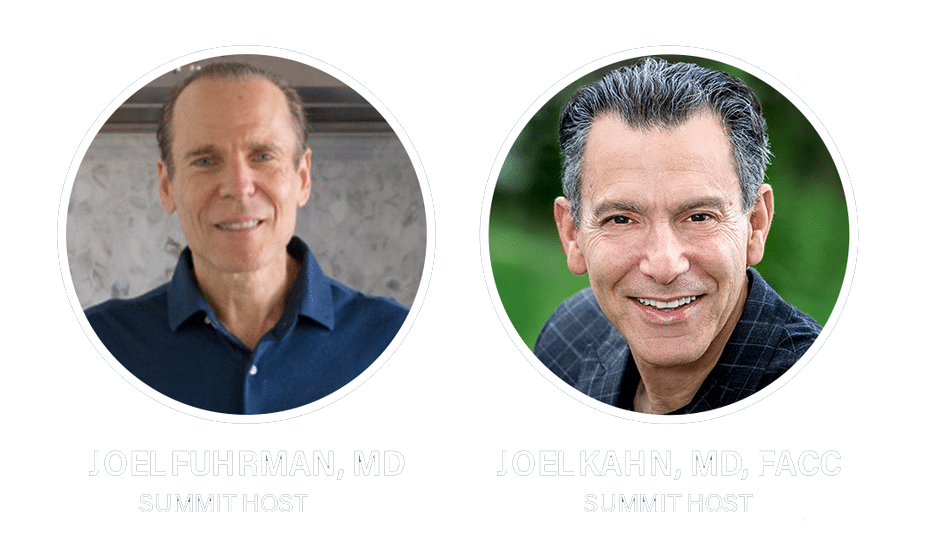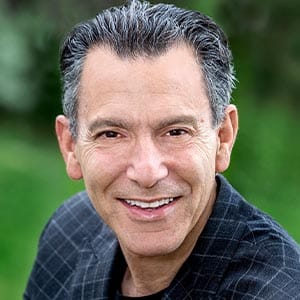|
Getting your Trinity Audio player ready...
|
Your doctor prescribing fruits and vegetables to improve your heart health might sound strange, but it might work. A recent report was published in the American Heart Association’s journal “Circulation.” It found that a prescription of fruits and vegetables may:
- Decrease blood pressure
- Decrease body mass index
- Improve blood sugar levels and other markers of heart health
These findings continue to show the benefits of a diet consisting of plant-based foods. Many medical experts also support this idea. According to Joel Fuhrman, MD, having more variety of foods and plants in your diet can help increase your lifespan and protect against illness.
American Heart Association’s Press Release
In a press release, the American Heart Association’s chief clinical science offer, Mitchell Elkind, MD, MS, FAHA, stated this:
“Poor nutrition and nutrition insecurity are major drivers of chronic disease globally, including cardiometabolic conditions like Type 2 diabetes and their cardiovascular consequences, including heart failure, heart attack and stroke. This analysis of produce prescription programs illustrates the potential of subsidized produce prescriptions to increase consumption of nutritious fruits and vegetables, reduce food insecurity and, hopefully, improve subjective and objective health measures.”
America’s Healthy Heart Doc, Joel Kahn, MD, FACC explained his thoughts on the recent news.
Can Prescribing Fruits and Vegetables Improve Health Outcomes? Joel Kahn, MD, FACC, Provides an Expert Analysis
Joel Kahn, MD, FACC, is an expert on heart disease. He discussed that this study provides hope that lifestyle changes like these can significantly improve your health.
In his analysis of the study, Dr. Kahn stated, “Within 4-10 months of eating more fruits and vegetables, we’re starting to reverse diabetes, starting to reverse obesity, and starting to reverse hypertension. Imagine if they keep this up, have lifelong exposure, lifelong access to just a cup a day extra of fruits and vegetables.”
Dr. Kahn pointed out a key part of the study. People with fruit and vegetable prescriptions had improvements in their blood sugar control. “That’s a meaningful and significant improvement in diabetics,” he stated.
Food Security in the United States
Not only did this study find improvements in heart health, but food security was also reported to improve in the participants. Food security is a major issue in the United States.
One report indicated that over 10% of households in the United States have limited access to enough food for a healthy lifestyle. And because of the COVID-19 pandemic, food insecurity has been estimated to reach 38% of homes in the United States.
This report found that worse food security can increase the risk of heart disease and hypertension.

Prescribing fruits and vegetables appears to be a cost-effective solution to improving both heart health and food security. The recent report published in “Circulation” states that the prescription cost would be approximately $48 for adults and $112 for children per month.
Fruit and vegetable prescriptions may reduce the impact that diabetes, heart disease, and obesity-related cancers have on the economy. A current estimate is that these conditions cost the United States $1.7 trillion per year.
Working to have more cost-effective programs like fruit and vegetable prescriptions is essential. The new findings reported are promising, and you should be aware that this is not a replacement for other medical prescriptions.
What are the Next Steps?
For now, we need more research to understand what kind of health and economic impact this type of prescription can have.
The next steps are simple. Dr. Elkind stated, “Future research will need to include randomized controlled trials to offset any potential bias and prove more rigorously the benefits of producing prescription programs. The American Heart Association’s new Food Is Medicine Initiative will be focused on supporting such trials.”

- Access the Reversing Heart Disease Naturally Summit
Learn from top leaders in the field the skills you need today.
Heart Health Video Resources
Rethinking Heart Health: Thriving In The 21st Century
The 9 Pillars Of Resillience: How To Train A Healthy Heart
Healing The Heart With Yoga And Meditation
Heart Disease Reversal For Over 50 Years At The Pritikin Center
References:
Hager, K., Du, M., Li, Z., Mozaffarian, D., Chui, K., Shi, P., Ling, B., Cash, S. B., Folta, S. C., & Zhang, F. F. (2023). Impact of Produce Prescriptions on Diet, Food Security, and Cardiometabolic Health Outcomes: A Multisite Evaluation of 9 Produce Prescription Programs in the United States. Circulation. Cardiovascular quality and outcomes, e009520. Advance online publication. Read it here.
McNeill, B. (2023). Prescription for fruits, vegetables linked to better heart health, food security. American Heart Association. Read it here.
Liu, Y., & Eicher-Miller, H. A. (2021). Food Insecurity and Cardiovascular Disease Risk. Current atherosclerosis reports, 23(6), 24. Read it here.
Waters H & Graff M. (2018). America’s obesity crisis: the health and economic costs of excess weight. Milken Institute. Read it here.






I love the idea of prescribing fruit and veggies as medicine. I’m sure Dr. Kahn will also prescribe outdoor exercise as well. This is the best medicine. Thank you Dr. Kahn.
What a simple and meaningful way to make a difference in your health and that of your children with a minimal amount of daily fruits and vegetables. It would be wonderful if the medical community could provide their patients with such a simple and profound difference in their lives. Thank you to Dr Kahn and Dr Furhman for giving a voice to this important topic!!
I couldn’t agree more! Incorporating more fruits and vegetables into our daily diets is indeed a simple yet incredibly impactful way to improve our health. Dr. Kahn and Dr. Fuhrman have done a commendable job of spreading awareness about the importance of nutrition in healthcare. Encouraging patients to adopt healthier eating habits can not only prevent various chronic diseases but also lead to a better quality of life. Let’s hope for a future where this approach becomes more widespread, and thank you to these doctors for their dedication to health!
Just finished watching the last installment of the Whole Heart Master class. I will go back and review some of the previous classes again! This was so informative and helpful. I hope to get the tests recommended (Calcium CT Score, etc) in the near future so I have a better idea of my cardiac risk. Thank you so much! If we have questions after this is it possible to post them to Dr Talks or should we just contact Dr Kahn? I don’t’ live in Michigan (I grew up in the area near Bingham Farms but moved to VA), but wish that I did now! lol!
Thank you so much for your enthusiastic feedback on the Whole Heart Masterclass! For any questions you may have after completing the course, please feel free to reach out at [email protected]. We’re grateful to have you as part of our community, and we wish you the best of health and success in your efforts to improve your cardiac wellness!
Wow, I never thought I’d hear about getting a prescription for fruits and veggies, but hey, if it’s good for the ticker, sign me up! This recent scoop about how chomping down on more plant-based goodness can dial down blood pressure, trim BMI, and jazz up blood sugar levels is mind-blowing. It’s like getting a double whammy of health benefits – not just for the heart but also for keeping food insecurity at bay. Dr. Fuhrman and Dr. Kahn ain’t pulling punches either; they’re all about preaching the power of plant-packed plates for boosting longevity and keeping the doc away.
I’m all for this fruity and veggie prescription vibe, especially knowing it won’t break the bank. Clocking in at around 48 bucks a month for adults and 112 for kiddos, it’s a steal compared to the hefty costs of dealing with diabetes, heart issues, and the works. Plus, knowing it could help slash the colossal $1.7 trillion price tag on health woes in the U.S. each year is mind-boggling. But hey, let’s not go swapping out our meds just yet – this veggie script is more of a sidekick, not the superhero. Can’t wait to see where the research rabbit hole leads us next!